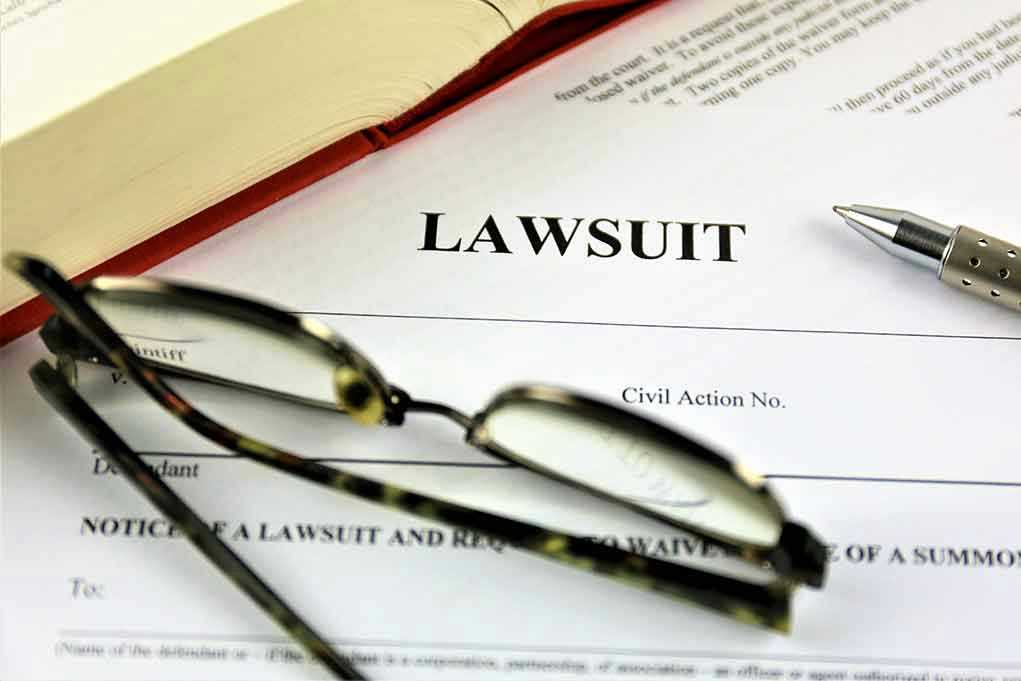
A recent court decision revives a fired Indiana teacher’s lawsuit, reigniting debates over religious liberties and transgender rights in schools.
Story Snapshot
- John Kluge’s lawsuit against Brownsburg High School is revived by the 7th Circuit Court of Appeals.
- The case highlights tensions between religious freedom and transgender rights in education.
- A Supreme Court precedent influences the decision, raising questions on workplace accommodations.
- The outcome could set a precedent for similar conflicts nationwide.
The Case Behind the Lawsuit
John Kluge, a former music teacher at Brownsburg High School in Indiana, was dismissed after refusing to use transgender students’ preferred names and pronouns, citing religious beliefs. Kluge contended that this requirement violated his religious freedom, leading him to file a lawsuit against the school district for religious discrimination. Initially, the courts sided with the school, but in August 2025, the U.S. Court of Appeals for the 7th Circuit revived his lawsuit, citing recent Supreme Court guidance on religious accommodation standards.
The case focuses on the conflict between religious freedom and the rights of transgender students in public education. This legal battle assesses whether accommodating a teacher’s religious beliefs imposes an undue hardship on a school’s mission to maintain an inclusive environment. The situation arose after Brownsburg Community School Corporation adopted a policy mandating staff to use students’ preferred names and pronouns.
Implications of the Court’s Decision
The 7th Circuit Court’s decision to revive Kluge’s case is influenced by a new Supreme Court precedent that raises the threshold for what constitutes an “undue hardship” in accommodating religious beliefs. This change sets the stage for similar disputes across educational institutions and other workplaces. The court found genuine disputes over whether accommodating Kluge’s beliefs imposed a substantial burden on the school, necessitating further proceedings in a district court with a jury trial.
On August 6, 2025, the 7th Circuit Court of Appeals sent the case back to the district court, where a jury will now decide if the school’s actions were justified under the new legal standard. This outcome could potentially influence national policies on religious accommodations and LGBTQ+ rights in education and other sectors.
Broader Impact on Education and Employment
The case has significant implications for teachers and school staff who have religious objections to LGBTQ+ policies, as well as for transgender students and their families. It also poses potential economic, social, and political impacts, including legal costs for school districts and a possible chilling effect on both inclusive policies and religious expression. Public education systems may need to revise accommodation policies, and employers in other sectors could also be affected by the new legal standard.
Legal scholars and education policy experts are closely watching this case, noting its significance in balancing religious accommodation and anti-discrimination policies. While some argue that the new standard may complicate the enforcement of inclusive policies, others stress protecting vulnerable students from harm. Diverse viewpoints persist, with religious liberty advocates supporting the court’s decision and LGBTQ+ rights groups expressing concern over possible erosion of student protections.











